Rumors claim foldable Apple products could dominate the second half of the 2020s, leveraging new screen technology to make devices such as the iPad even more portable.
Analyst Jeff Pu has been a leading advocate for a foldable tablet, expecting to see the so-called iPhone Fold debut in late 2026. This would be followed by iPads that use the same screen technology a year or so later.
Bloomberg columnist Mark Gurman, however, expects the Fold to appear in 2027, alongside folding iPads. Gurman has previously reported that Apple for foldable devices as well as robotic devices to finally begin arriving in the latter half of the 2020s.
Meanwhile, some rumors have suggested that the first popular foldable might actually be a future iPad mini.
These reports believe it is a device that has an outer screen resembling the ones on current iPhones when folded up. Unfolded, the device would boast a larger screen close to the existing iPad mini in size.
Touchscreen and foldable Mac portables
Apple executives have traditionally downplayed the idea of a touchscreen Mac. If it were to ever appear, it would likely take the form of a portable Mac, like the MacBook Pro.
Apple has filed patents suggesting a traditional notebook computer with a touchscreen and how that might work. However, Apple's Senior VP of Software Engineering, Craig Federighi, has previously expressed doubt about the ergonomics of a laptop screen a user would touch to activate icons or services.
"We really feel that the ergonomics of using a Mac are that your hands are rested on a surface," he said in 2018. "Lifting your arm up to poke a screen is a pretty fatiguing thing to do."
That has not stopped the company from filing patents on the technology, however.
Some patents cover both a touchscreen display as well as a more advanced version of the existing trackpad currently found on Mac portables. However, Apple executives have traditionally resisted the idea of fusing a touchscreen Mac with an iPad.
Another factor limiting the arrival of foldable Apple devices is cost. Rival folding devices, like the $2,565 Samsung Galaxy Z Fold6, don't sell in large numbers due to their very high price.
Folding tablets would likely be even more expensive, to say nothing of a foldable MacBook. Until the screen technology needed for folding touchscreens comes down dramatically in cost, Apple is unlikely to debut larger touchscreen devices.
 Charles Martin
Charles Martin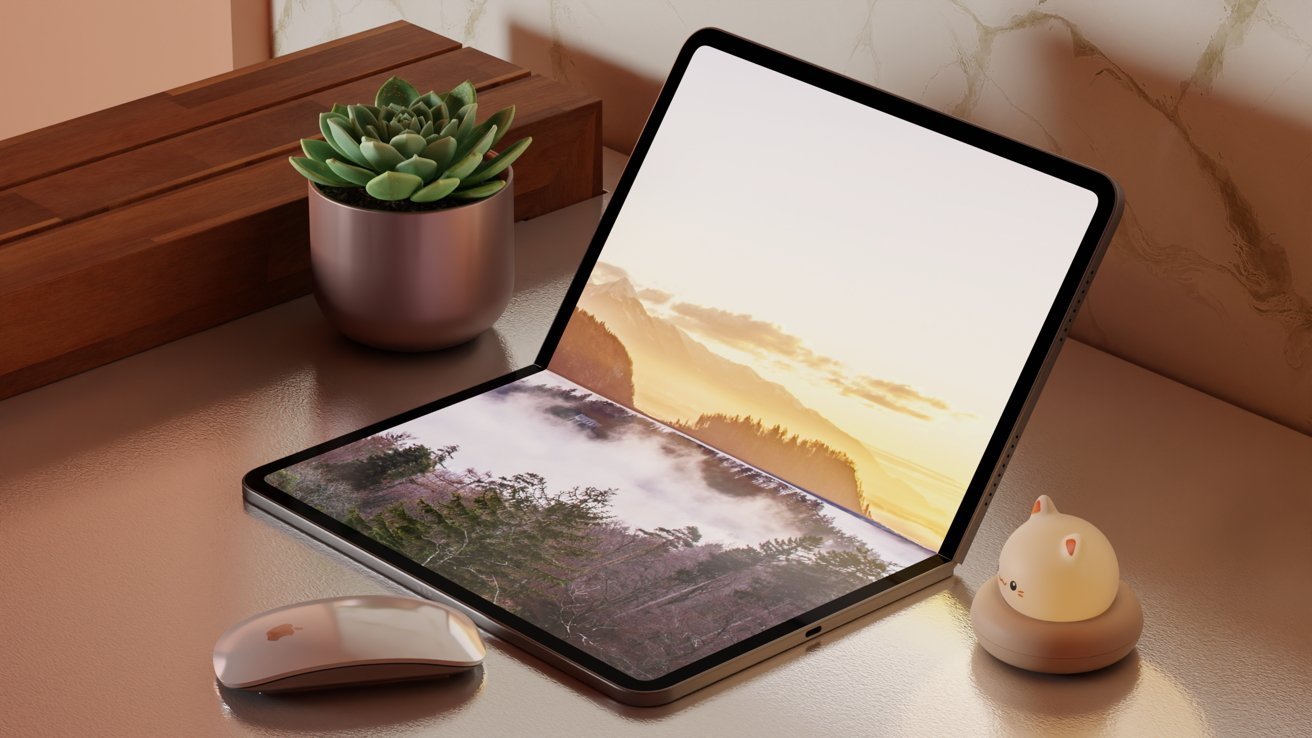
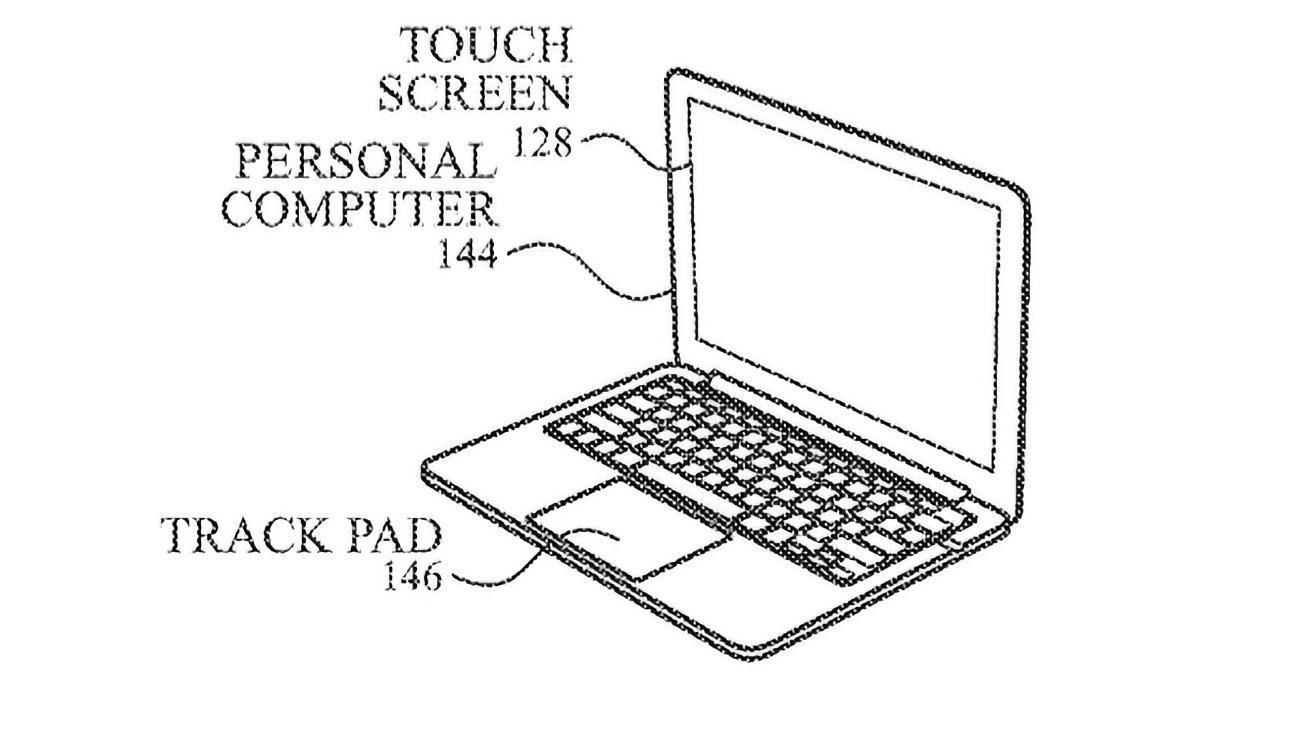


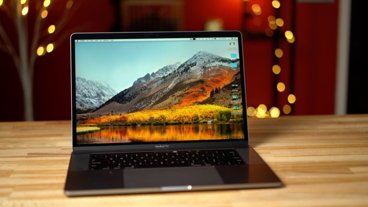
-m.jpg)
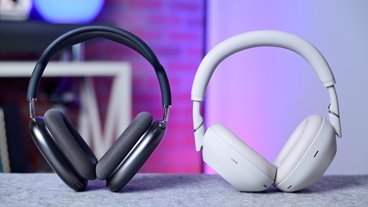
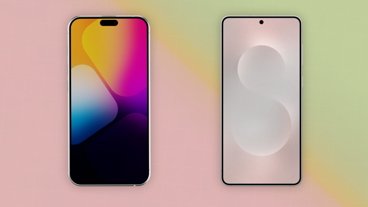

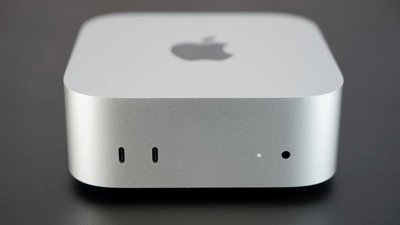
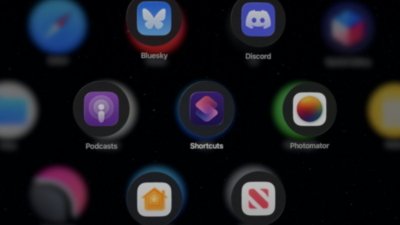
 Wesley Hilliard
Wesley Hilliard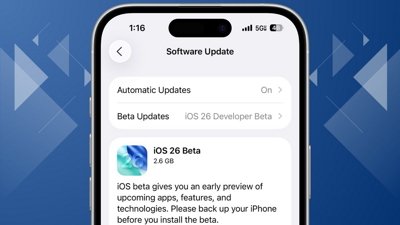
 Andrew Orr
Andrew Orr
 Christine McKee
Christine McKee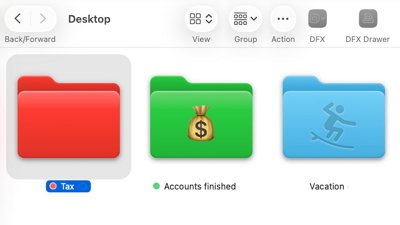
 William Gallagher
William Gallagher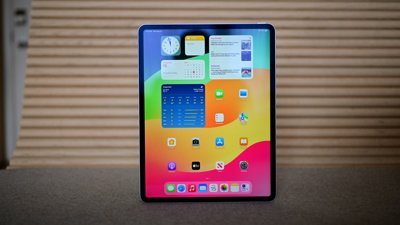
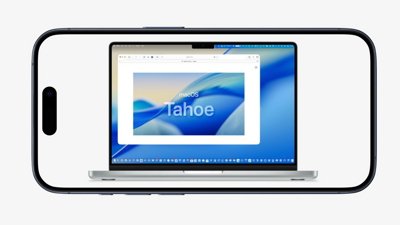

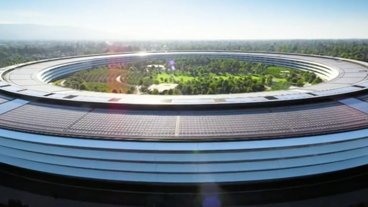
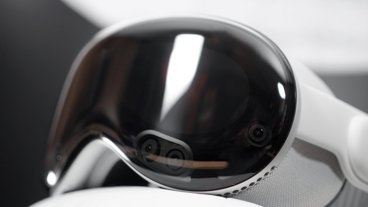
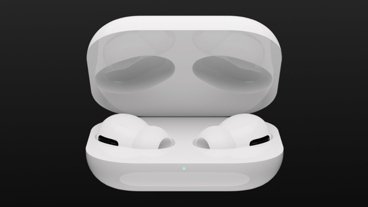
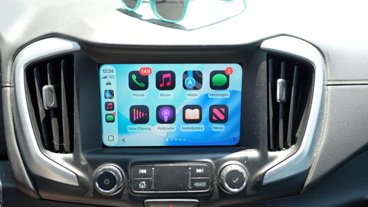


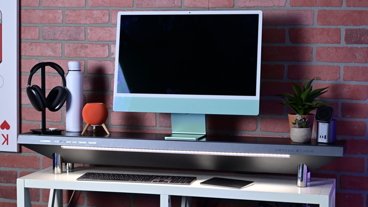
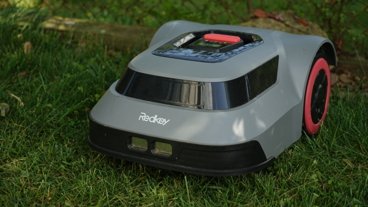
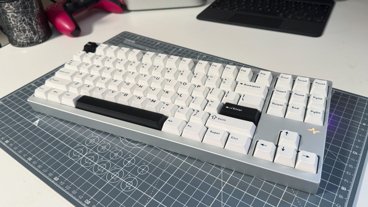

11 Comments
Touchscreen Macs are overdue and they already fold the way they should.
A foldable iPad could be useful, as long as they can solve all the problems associated with foldable. However, I have a touchscreen laptop that boots Windows and Lennox, and I absolutely never use the touchscreen, it’s feels more like of a gimmick than anything. Unless an OS is designed for touch specifically, the only real practical uses are for games and artistic related things.
I’m fine with no touchscreen Macs. Apple is surely weighing the feature as table stakes feature set for a laptop, and has just been waiting on timing. They will do it, even if they don’t like it.
I’ve seen people use touchscreen laptops, and it’s an ergonomic disaster to behold. Even so, if Apple perceives the lack of it as an impediment to sales, they will implement it.
For folding iPads, I think I’d want it to have a 0-to-360 deg hinge. It can have all modes with that: handheld iPad mode, desktop iPad mode, laptop mode and vertical display mode. It should have hand and eye tracking too.
Touch is great for kiosks, POS terminals, HMIs, and other applications where keyboards get in the way. If touch screens are square pegs, I have no problem using them with devices that have a square hole that needs filling. I too often feel that technologists keep trying to force square pegs into round holes to impress themselves or to force a solution where there is no problem. I think us tech geeks forget that the rest of humanity is not nearly as geeked out by the things that excite us.
I never want to type on glass. I think the automotive industry is having second thoughts about the attractiveness of glass cockpits. Every time I see a motor vehicle with what looks like a big iPad glued on the dashboard I just want to hurl - on it. It's ridiculous looking, focus altering, and often impractical. Most humans still have hands and fingers. Until we have computers and devices that we can control with our minds I need the tactile feedback from turning knobs, sliding sliders, pressing keys, and pushing buttons. And for the record, I vastly prefer manual transmissions on motor vehicles. Call me a caveman ...